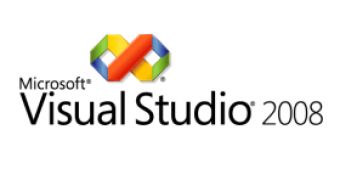Back in October 2007, Microsoft indicated the first signs of its plans to make available the source code to the .NET Framework libraries. Well, developers have been waiting since that day for the moment when they would be able to debug .NET Framework source code using Visual Studio. Well, the wait is over. Microsoft has wrapped up the availability of the .NET Reference Source project, and developers will now be able to access the source code for the .NET Framework. Well, perhaps I used the term developers too loosely, what I meant to say was of course .NET developers.
"Specifically, you can now browse and debug the source code for the following .NET Framework libraries: .NET Base Class Libraries (including System, System.CodeDom, System.Collections, System.ComponentModel, System.Diagnostics, System.Drawing, System.Globalization, System.IO, System.Net, System.Reflection, System.Runtime, System.Security, System.Text, System.Threading, etc).; ASP.NET (System.Web, System.Web.Extensions); Windows Forms (System.Windows.Forms); Windows Presentation Foundation (System.Windows) and ADO.NET and XML (System.Data and System.Xml)," revealed Scott Guthrie, general manager in Microsoft's Developer Division.
The source code for all the .NET Framework libraries enumerated above is available, along with Visual Studio 2008 debugging support. Guthrie informed that Microsoft is currently in the process of offering additional framework libraries, and offered LINQ, WCF and Workflow as examples. Shawn Burke, Director at the .NET development platform at Microsoft, has published an excellent step-by-step guide of how to configure Visual Studio 2008 in order to debug .NET Framework source code.
"We think that enabling source code access and debugger integration of the .NET Framework libraries is going to be really valuable for .NET developers. Being able to step through and review the source should provide much better insight into how the .NET Framework libraries are implemented, and in turn enable you to build better applications and make even better use of them," Guthrie added.

 14 DAY TRIAL //
14 DAY TRIAL //